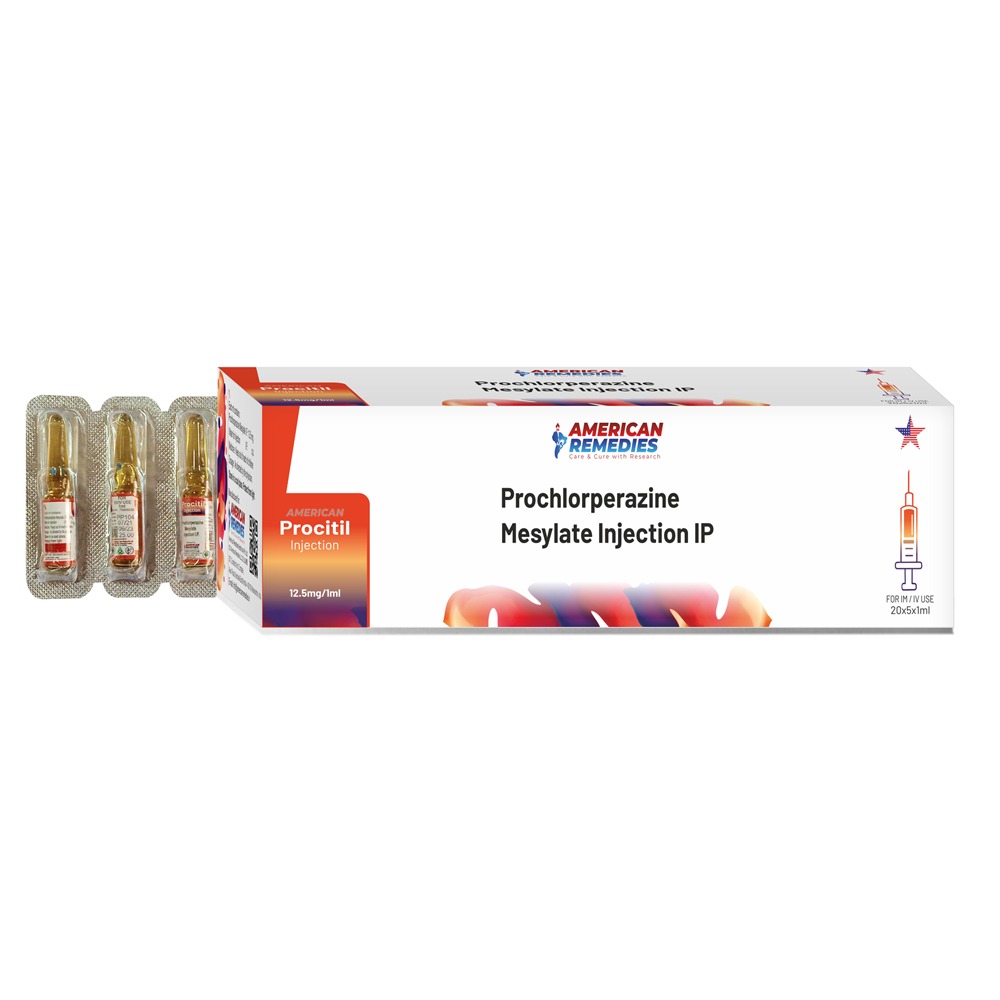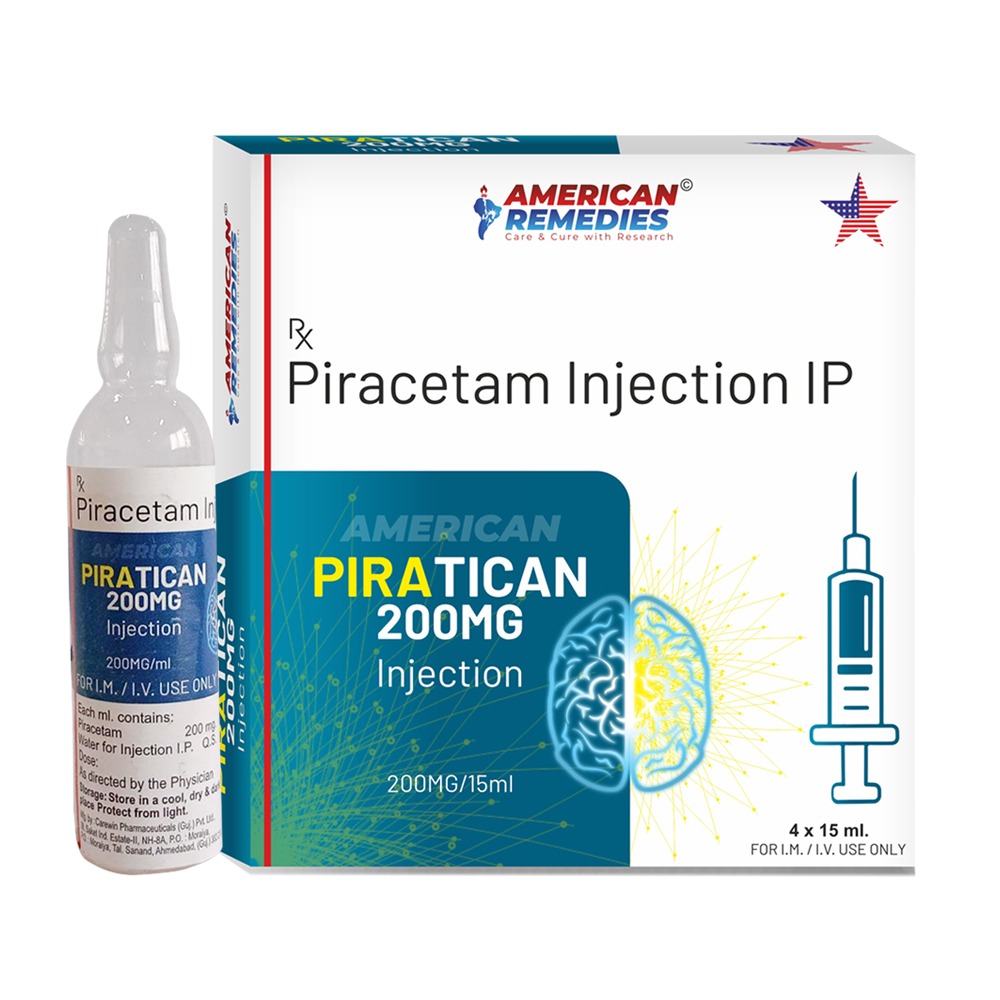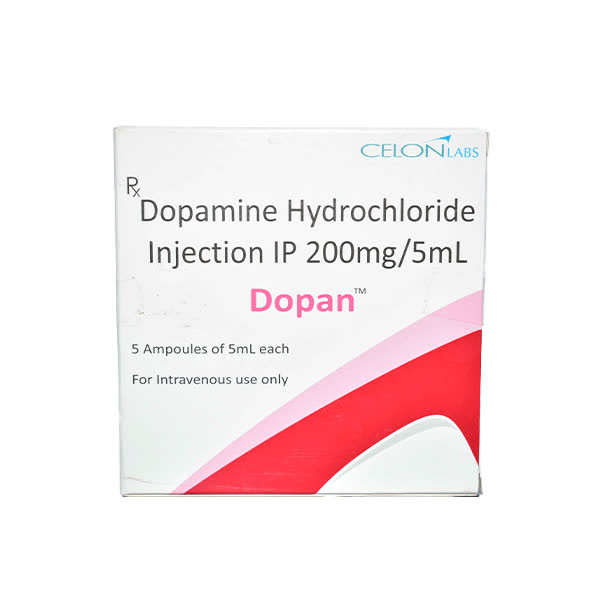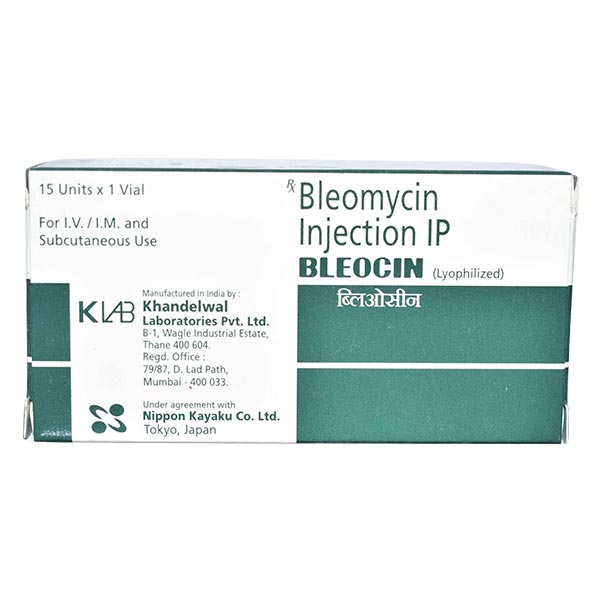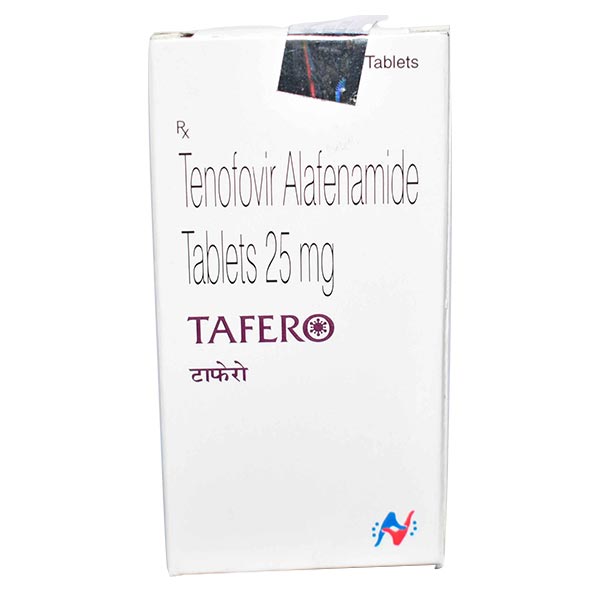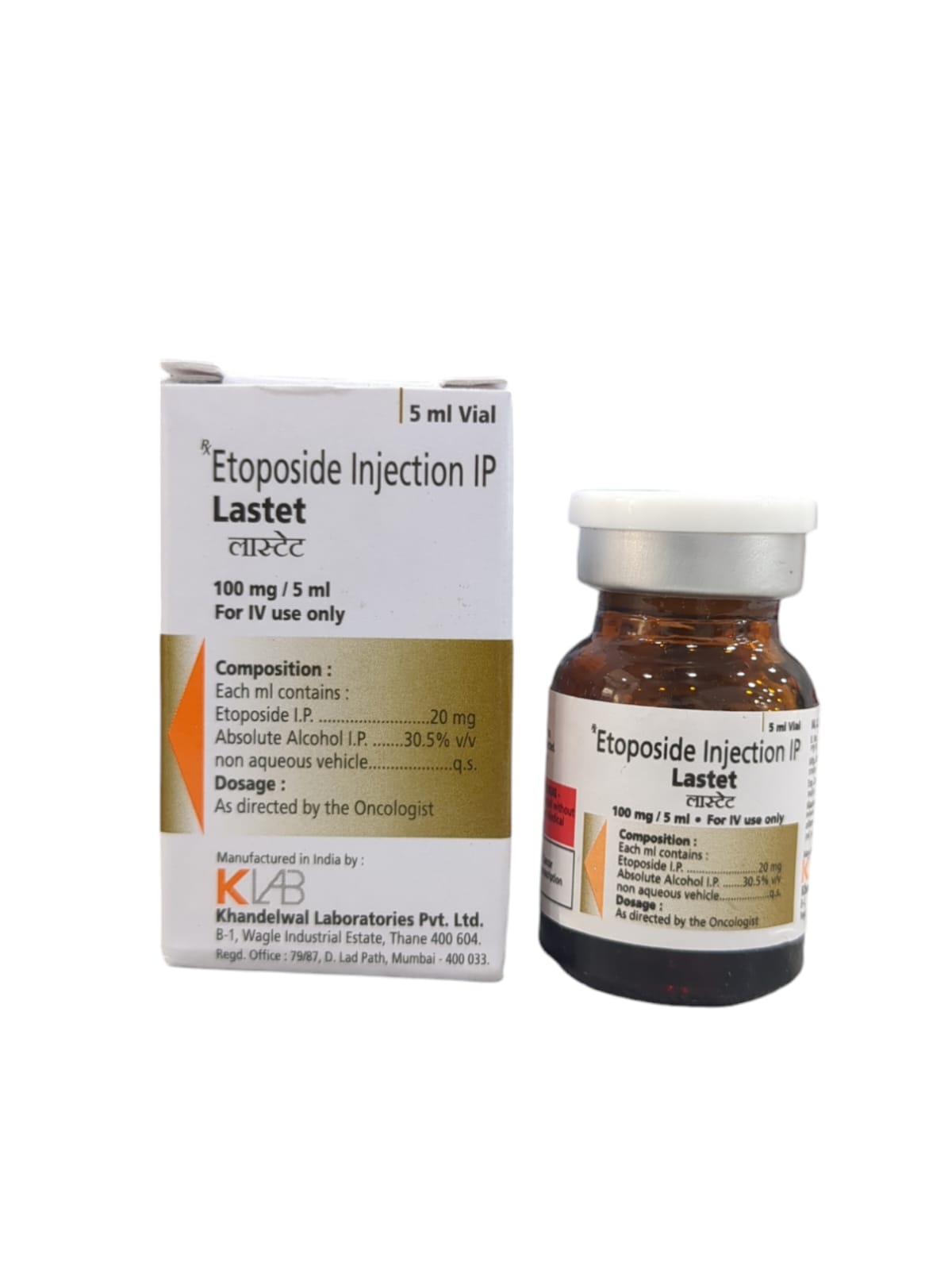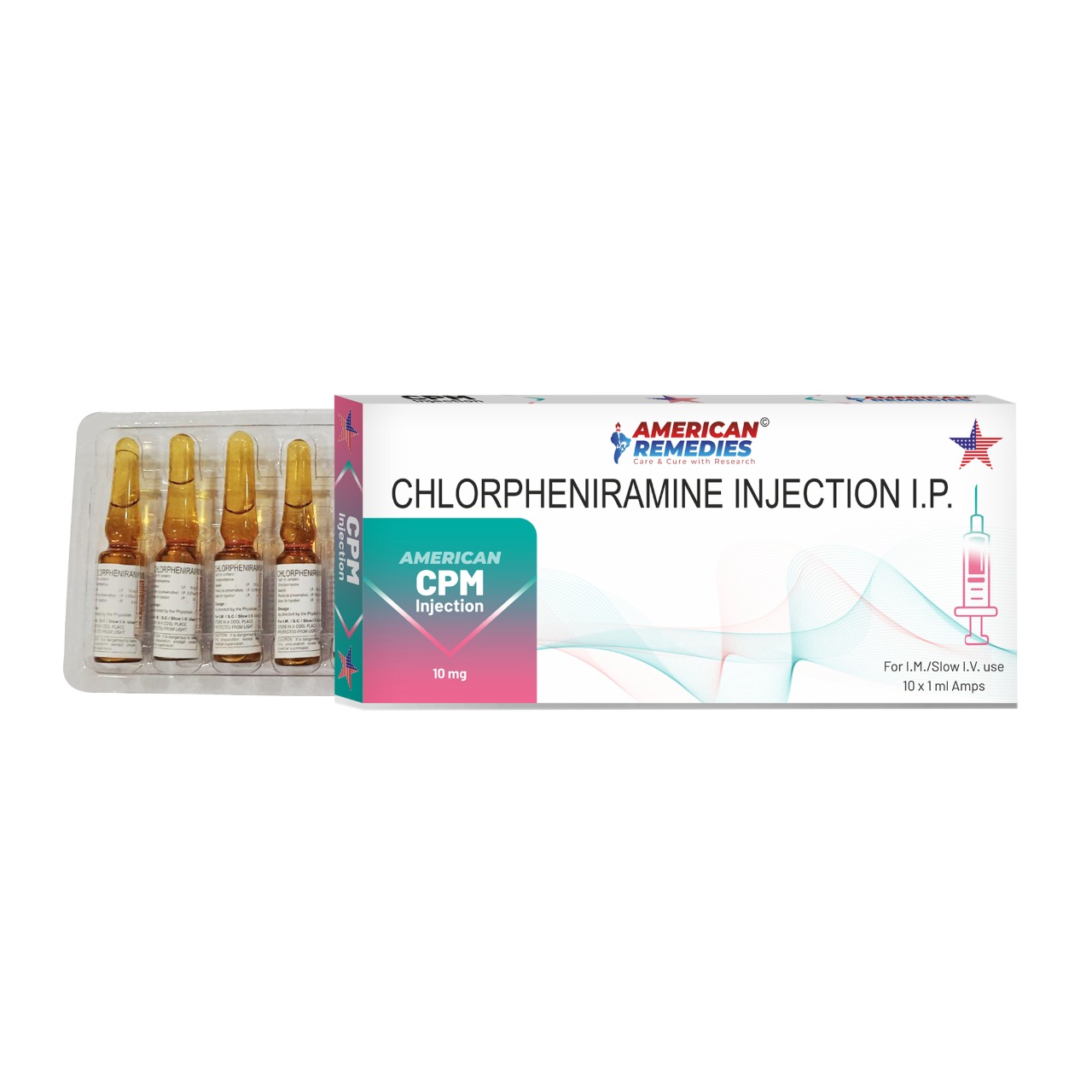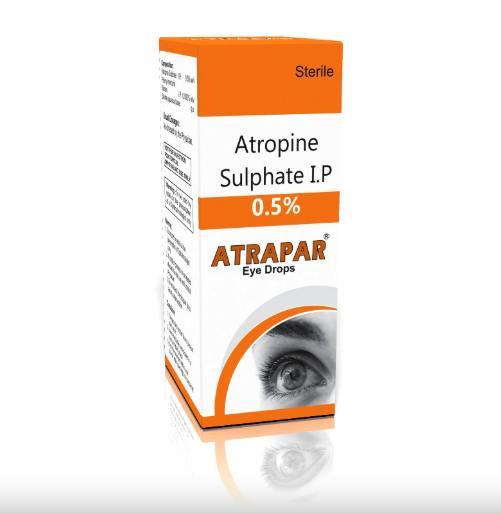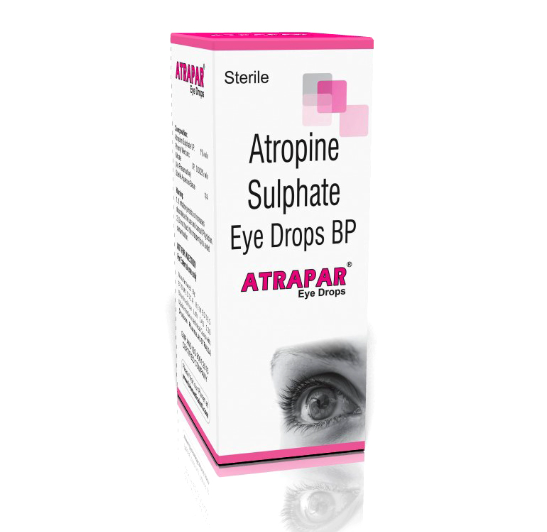Anti Cancer Medicine
Introduction to Lastet 100mg Injection
Lastet 100mg injection is an anticancer drug with the ingredient Etoposide. It belongs to the medication class known as cytostatic. It is used to treat certain types of cancers such as testicular cancer, small-cell lung cancer, acute myeloid leukemia (blood cancer), tumor in the lymphatic system (Hodgkin’s lymphoma, non-Hodgkin’s lymphoma), and ovarian cancer in adults.
Talk to your doctor if you had or currently having radiotherapy or chemotherapy. Report to your doctor if you have any infections or low levels of protein (albumin) in your blood. Lastet 100mg Injection should not be taken if you have recently been vaccinated with yellow fever or any live vaccines. Before starting treatment with this medicine, it is very important to tell your physician if you currently or previously had any medical conditions of kidney problems or liver disorders.
Both women and men should use effective birth control during the treatment and at least 6 months after the last dose. In men, it is recommended not to father a child during and up to 6 months after the treatment. So it is advised to get suggestions about fertility concerns from your doctor. Administration of Lastet 100mg injection may cause a reduction in the level of blood cells and increase the risk of developing infections. So, your doctor may perform blood tests regularly to monitor your kidney and liver function. It is unknown whether it is safe to use on a child.
Uses of Lastet 100mg Injection
Testicular cancer
Small-cell lung cancer
Acute myeloid leukemia (blood cancer)
Hodgkin’s lymphoma and non-Hodgkin’s lymphoma
Ovarian cancer
Therapeutic Effects of Lastet 100mg Injection
Lastet 100mg works by inhibiting the activity of topoisomerase II (essential for cell replication) and DNA synthesis, which will prevent cancer cells from growing and multiplying, ultimately leading to cell death.
Interaction of Lastet 100mg Injection with other drugs
Inform your healthcare provider about all your medicines, including prescribed medications, over-the-counter medicines, nutritional or vitamin supplements, and herbal products. Certain medications such as Ciclosporin, Phenytoin, Phenobarbitone, Warfarin, Anthracyclines, Aspirin, and Fosphenytoin may interact with Lastet 100mg and reduce effectiveness by causing undesirable side effects.
More Information about Lastet 100mg Injection
Keep Lastet 100mg out of sight and reach of children.
Store at a controlled room temperature between 15°C to 30°C.
Store in the original package
Do not refrigerate or freeze.
How to consume Lastet 100mg Injection
Lastet 100mg injection is administered as an intravenous infusion into the vein. If this injection is recommended for you, it will be given by a healthcare professional. Do not self-administrate. Your physician will choose the dosage and administration frequency based on the medical condition because it differs for each person.
Safety Advices for Lastet 100mg Injection
Image Not Available Pregnancy
Do not take this Lastet 100mg if you are pregnant because it may cause harm to the unborn baby. Consult your doctor before starting the treatment.
Image Not Available Breast Feeding
It is unsafe to breastfeed while taking Lastet 100mg because it can cause toxicity to the baby. Please consult your physician for more advice.
Image Not Available Lungs
Consult your doctor if you experience any lung-related symptoms like; shortness of breath or lung inflammation while taking a Lastet 100mg injection.
Image Not Available Liver
You need to tell your doctor if you have any liver disorders before taking Lastet 100mg Injection. Your doctor may perform blood tests regularly to monitor your condition. Consult your doctor for more information.
Image Not Available Alcohol
It is unknown if drinking alcohol while taking a Lastet 100mg injection is safe. Please speak with your physician.
Image Not Available Driving
Driving while taking a Lastet 100mg injection is unsafe because this medicine can cause tiredness, lightheadedness, or dizziness.
Side Effects of Lastet 100mg Injection
Side effects are unwanted symptoms caused by medicines. Even though all medicines cause side effects, not everyone gets them.
Serious
Severe allergic reactions (swelling of tongue, or throat, breathing difficulties, rash, flushing, fast heartbeat)
Irregular heartbeat (arrhythmia)
Blood disorder
Hepatotoxicity (damage to the liver)
Acute leukemia
Common
Nausea, vomiting
Loss of appetite
Abdominal pain
Constipation, diarrhea
Changes in skin color
Weakness
Asthenia (feeling weak)
Temporary hair loss
High or low blood pressure
Dizziness
Redness of the skin
Sore lips, throat, or mouth ulcers
Word of Advice
Discuss your fertility problem with the doctor since, in men, it is advised not to father a child during and after the 6 months of treatment. So it is advised to get suggestions about fertility concerns. Avoid planning for the pregnancy.
Send Message
